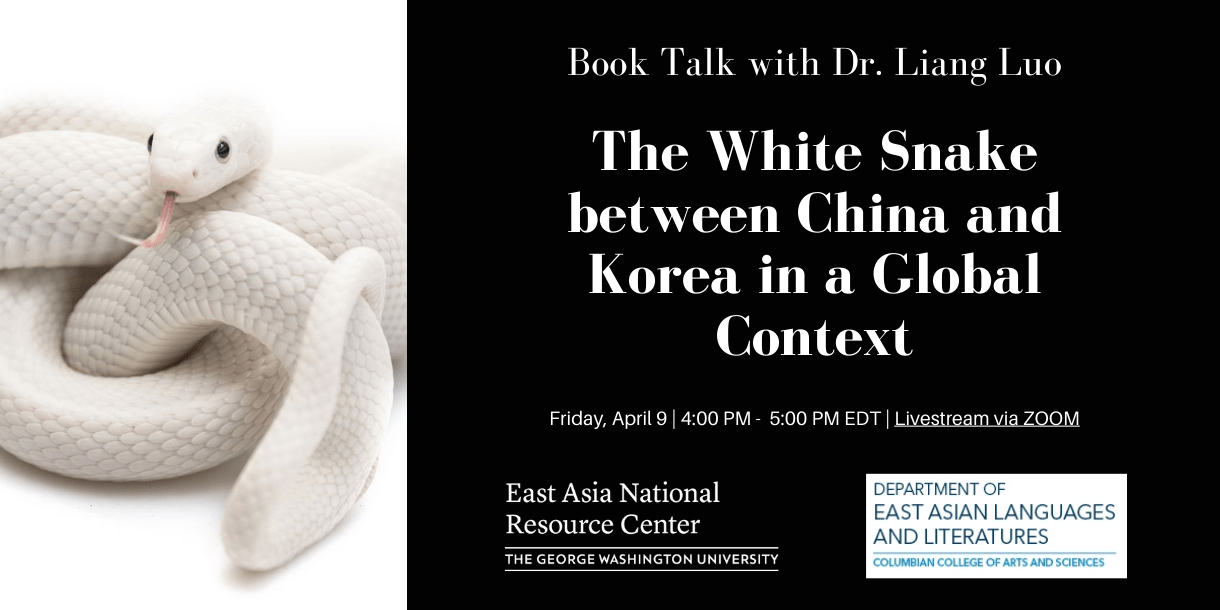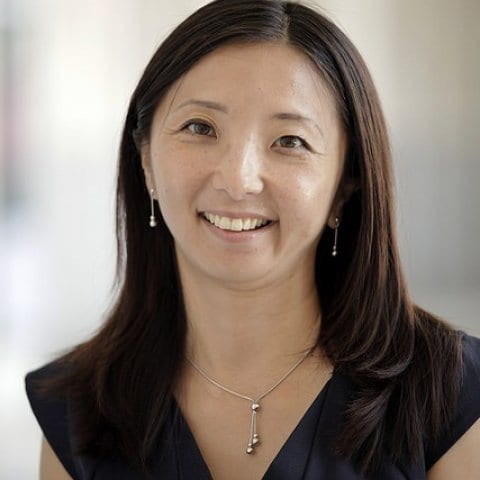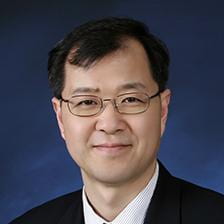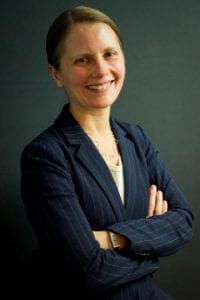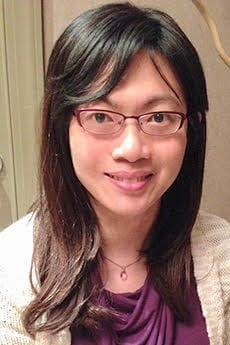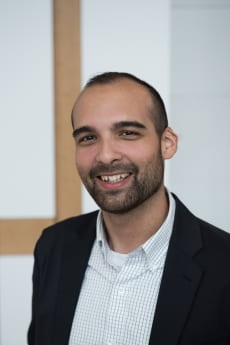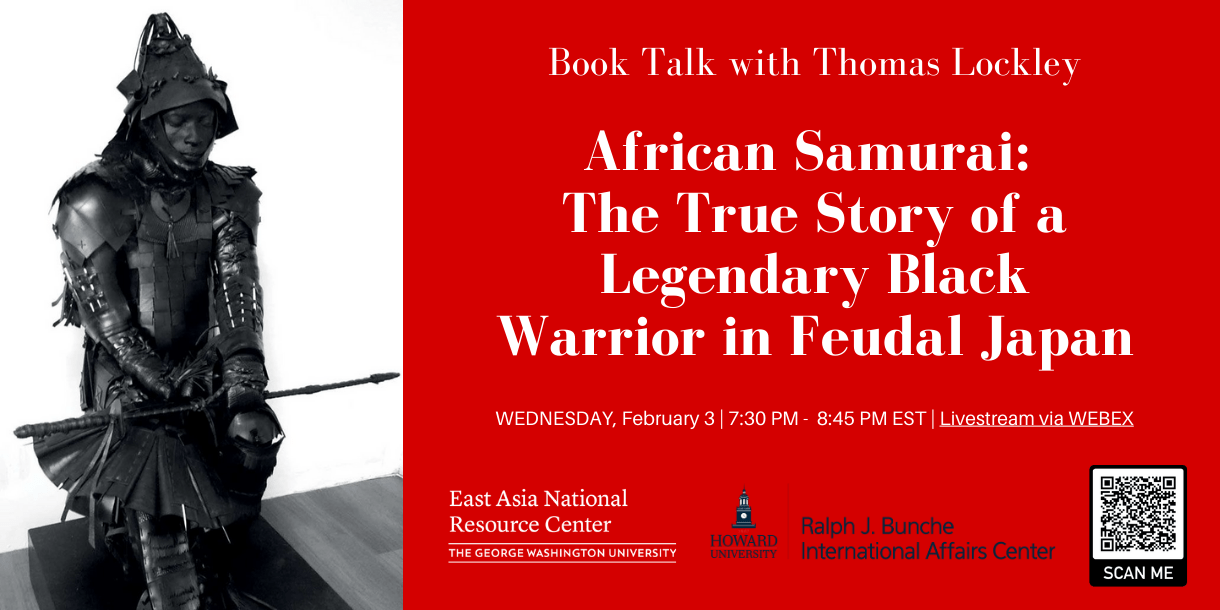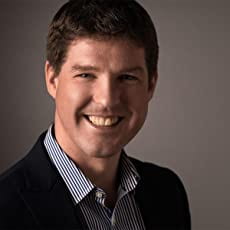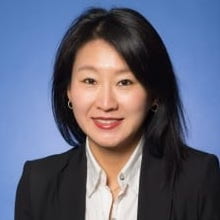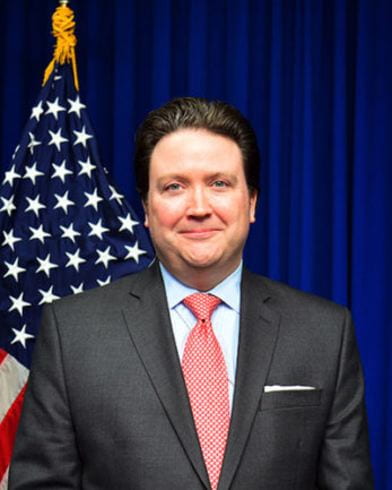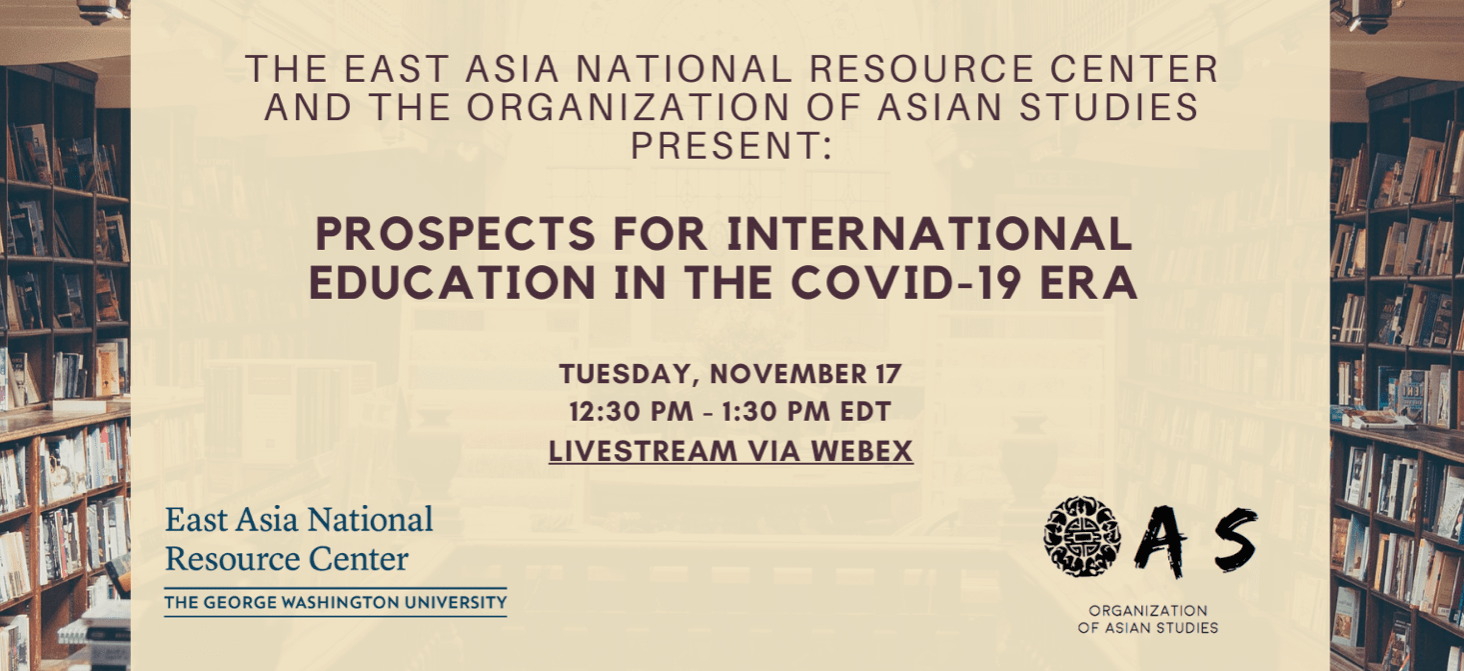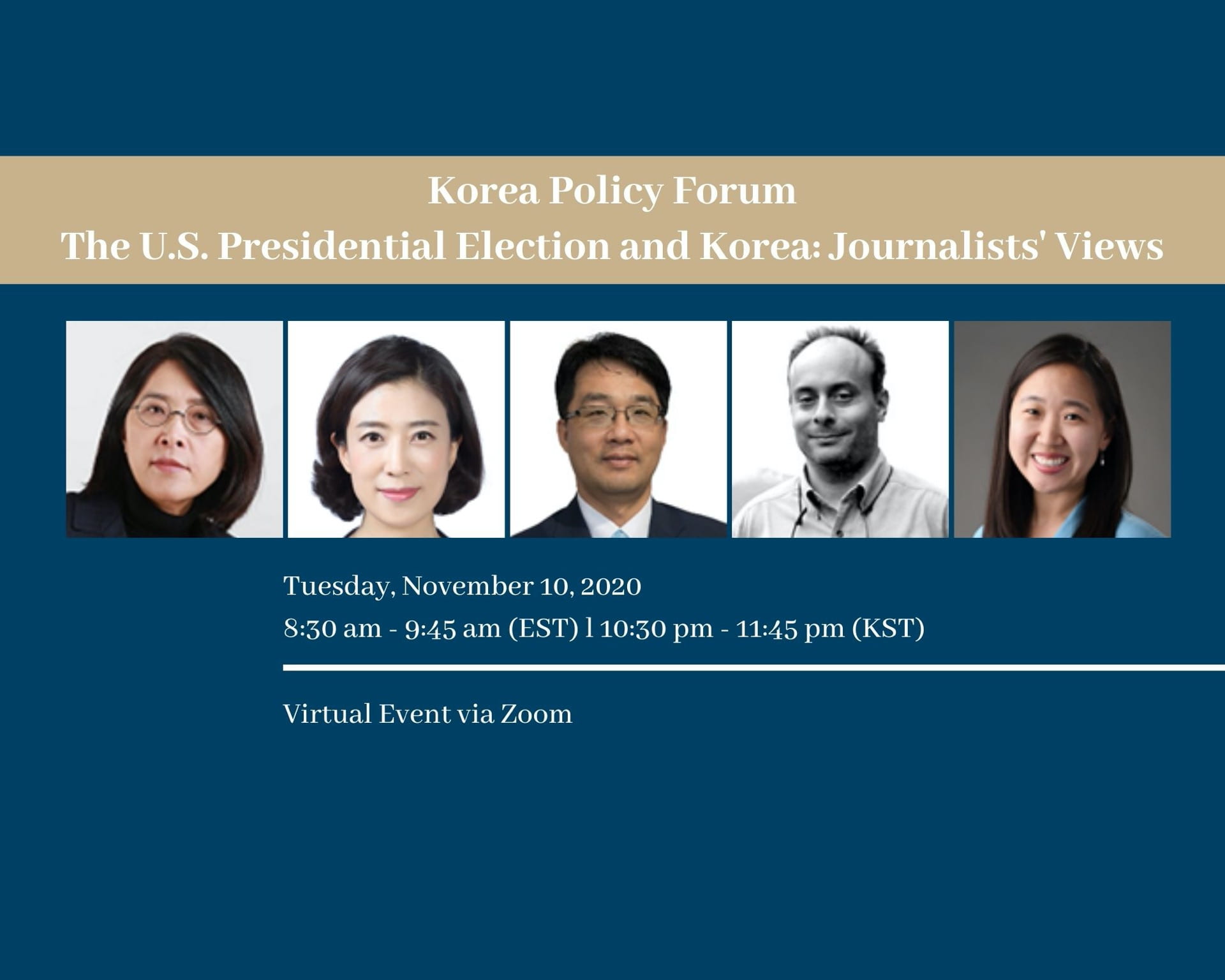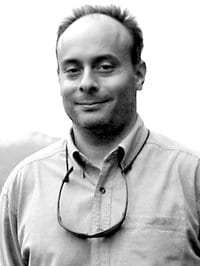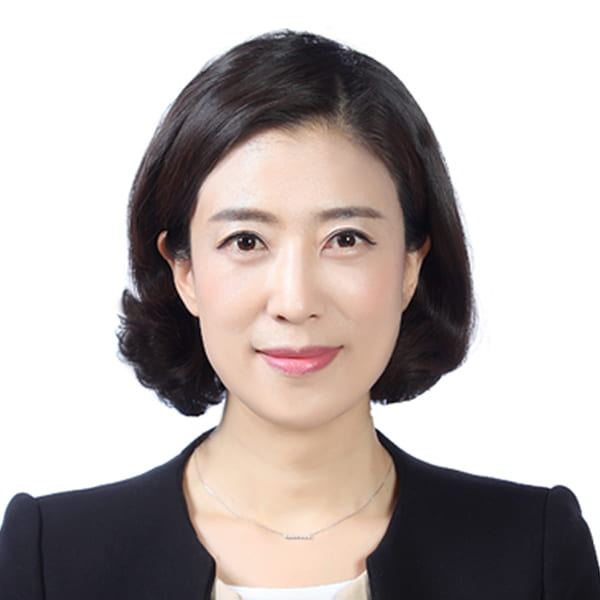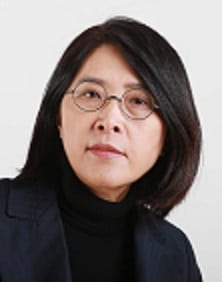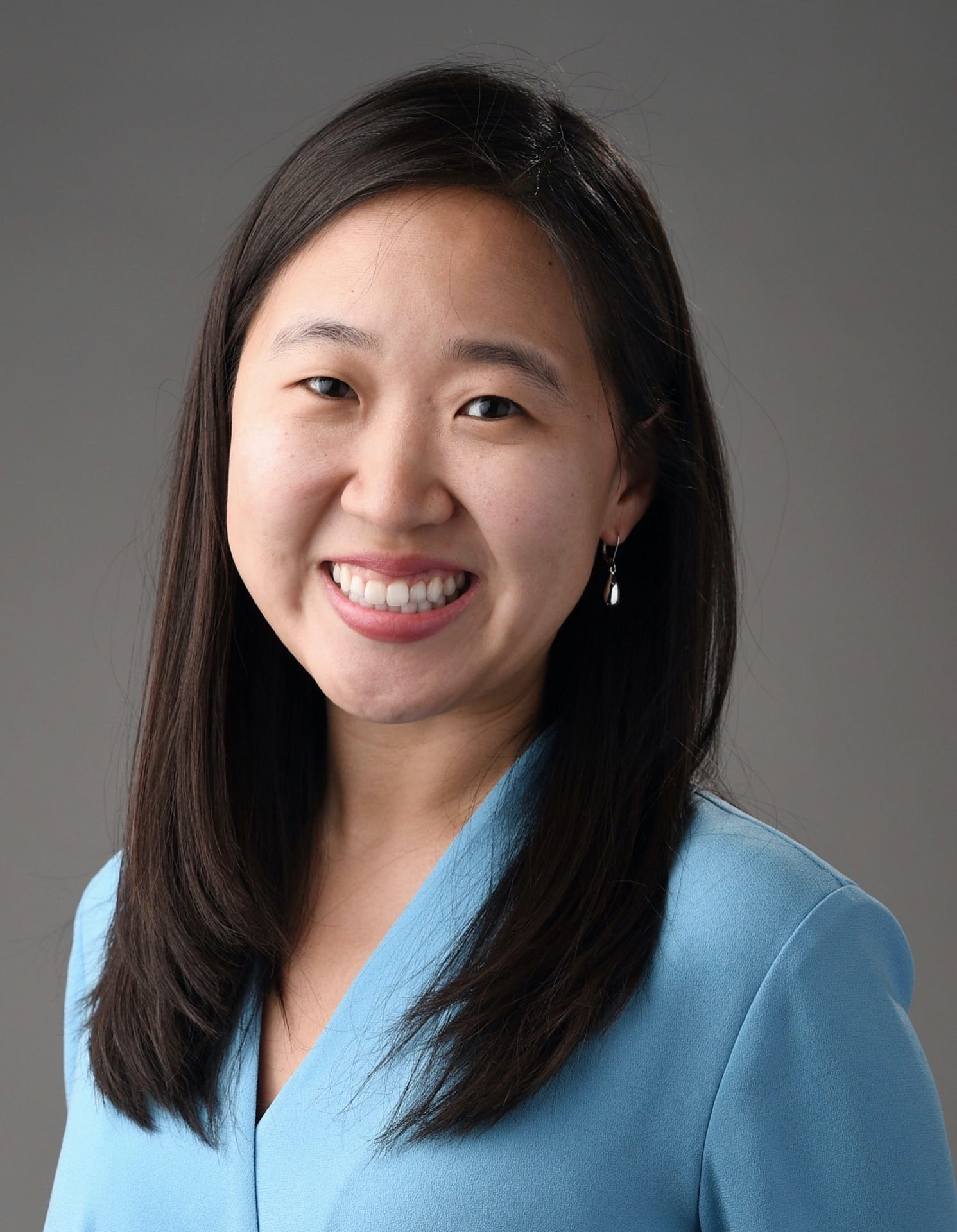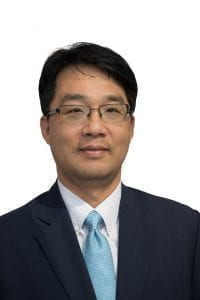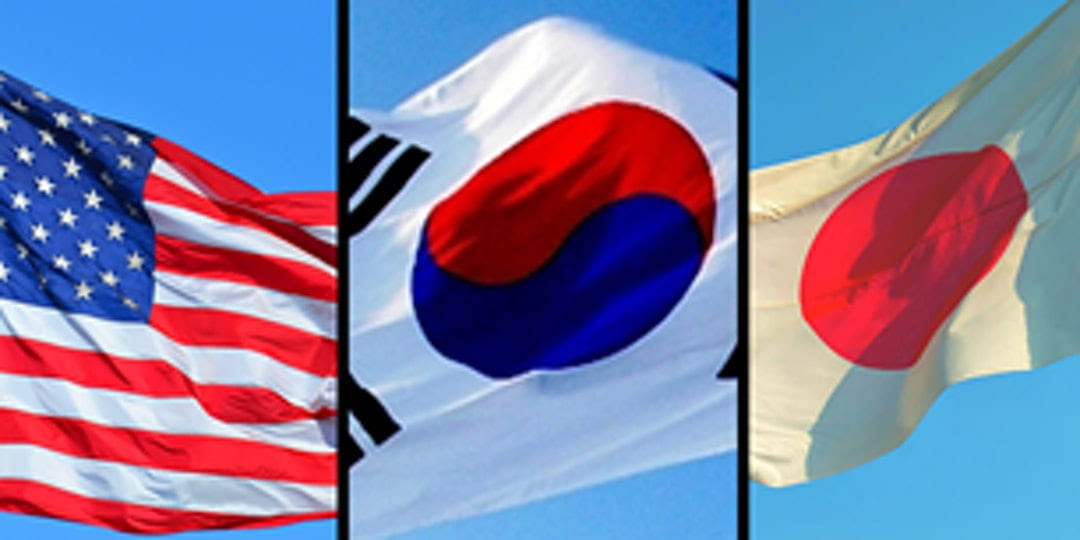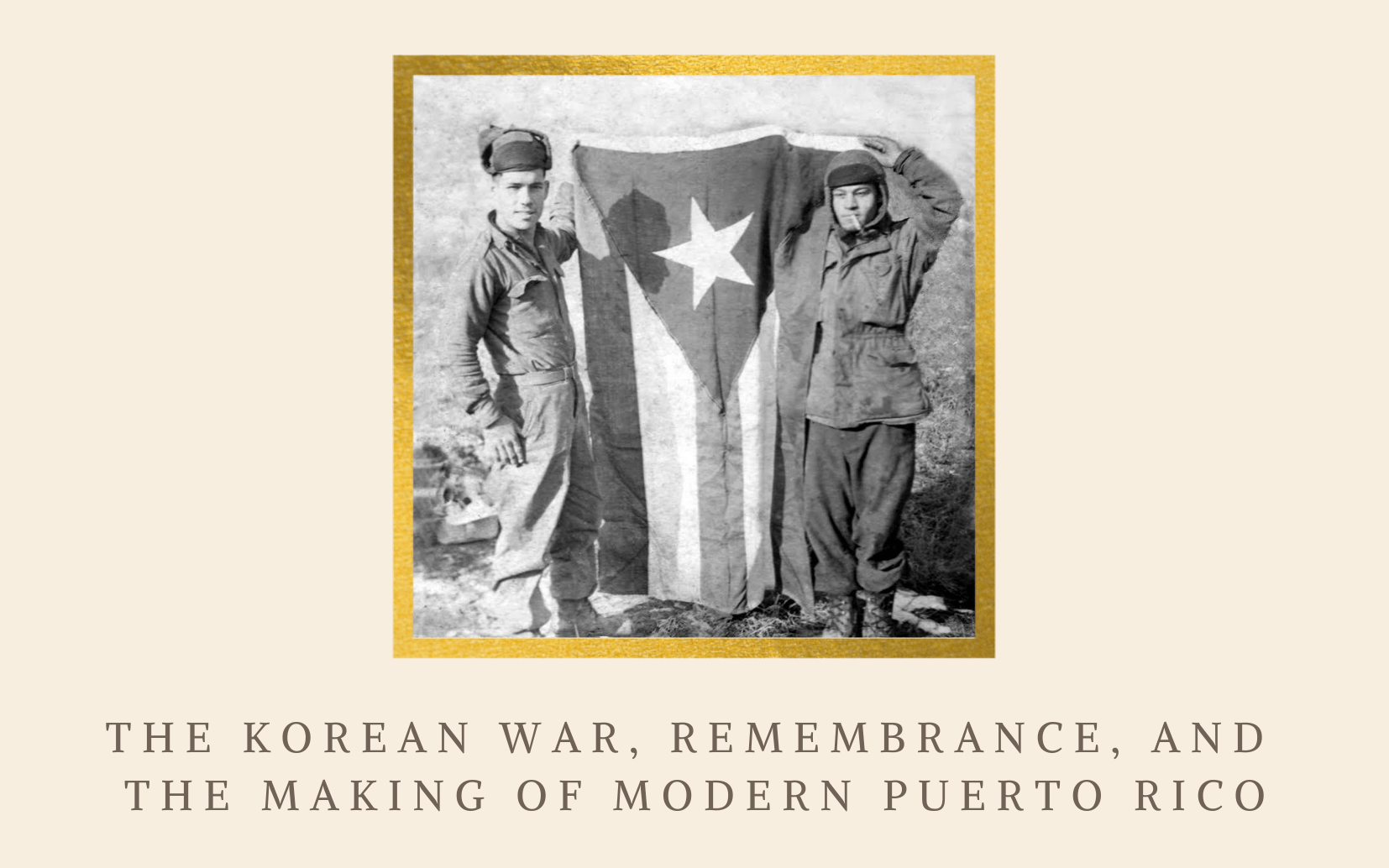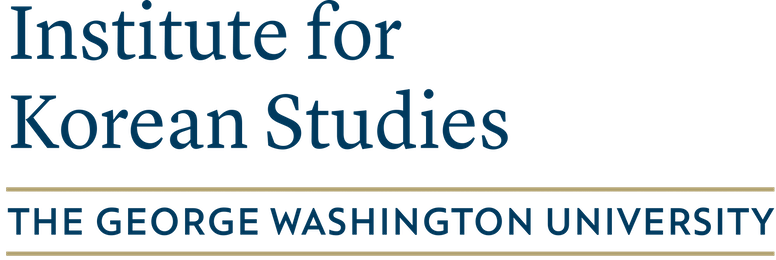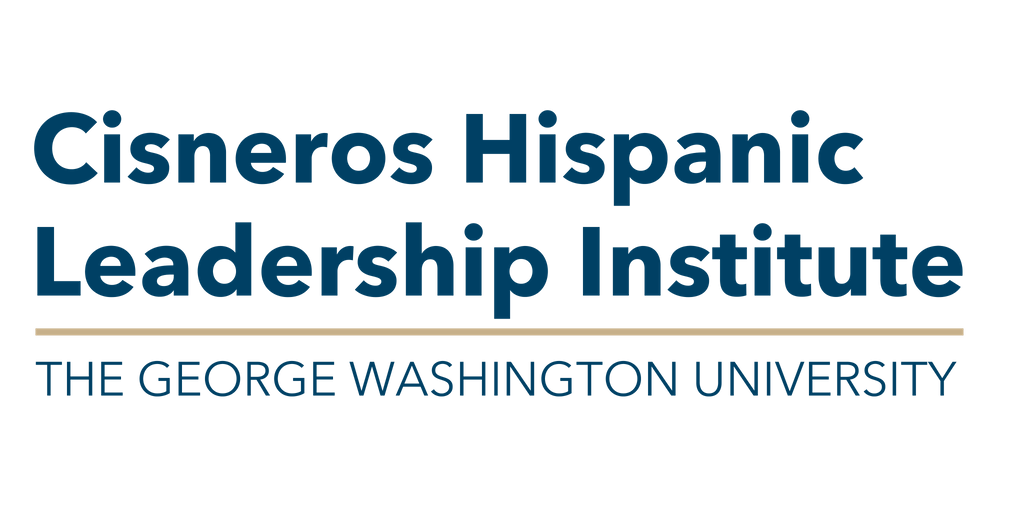Friday, April 9th, 2021
4:00pm – 5:00pm EST
Livestream via Zoom
About the Event
In the Chinese legend of the White Snake, woman is not seduced by the snake but is herself the snake, who would form a sexual liaison with a human male, and, in some versions, even give birth to a human son. Originating as a very local legend on the deadly dangers of seduction and infatuation, the story grew into one of China’s most popular love stories that allowed its adapters past and present to explore all possibilities of the relations between the sexes. This talk opens with Lady White Snake’s symbolic travel from a Japan-inspired Korean webtoon to a Korea-inspired Chinese webtoon, which serves as a most recent example and a fitting metaphor for the multidirectional travels of the White Snake Legend in an Asian and global context. The body of the talk centers on two Korean “White Snake” films. These Korean films worked together with other case studies to transform the White Snake legend into a story of love and reconciliation, a story full of humor and humanity. The talk ends with references to contemporary Anglophone “White Snake” projects as sites for celebrating Asian American and other minority identities in the United States.
This event is co-sponsored by the Department of East Asian Languages and Literatures and the East Asia National Resource Center at the George Washington University.
Author
Dr. Liang Luo
Professor, Author of The Global White Snake, University of Kentucky
Author
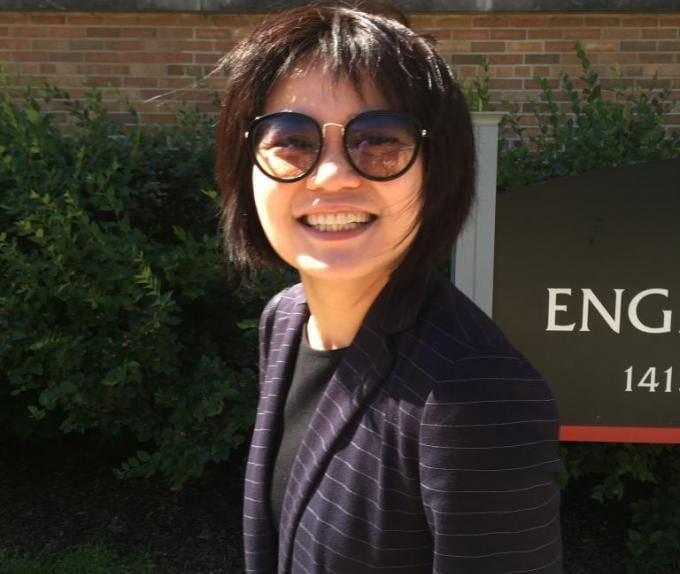
Dr. Liang Luo is a professor of Chinese studies, folklore & mythology, and gender and women’s Studies at the University of Kentucky. Currently she teaches modern and classical Chinese language, modern and comptemporary chinese literature, comparative East Asian literature, gender politics in Chinese literature and culture, and Chinese film and popular culture. Early in her career, she was awarded a “Certificate of Distinction in Teaching” at Harvard University for her contribution to undergraduate teaching.
She has written many works including The Avant-garde and the Popular in Modern China: Tian Han and the Intersection of Performance and Politics, The Global White Snake and most recently Profound Propaganda: The International Avant-Garde and Modern China an exploration of the relationship between the international avant-garde and modern China.
Her research has conducted interdisciplinary, multilingual and multi-site research in Beijing, Shanghai, Tokyo, Furukawa, Chongqing, Hong Kong, Singapore, Stockholm, Nijmegen, Leipzig, Heidelberg, Leiden, Taiwan, and Seoul in the broadly-defined fields of modern Chinese literature and culture, modern Japanese studies, performance studies, modernist studies, comparative literature, and cultural studies.
